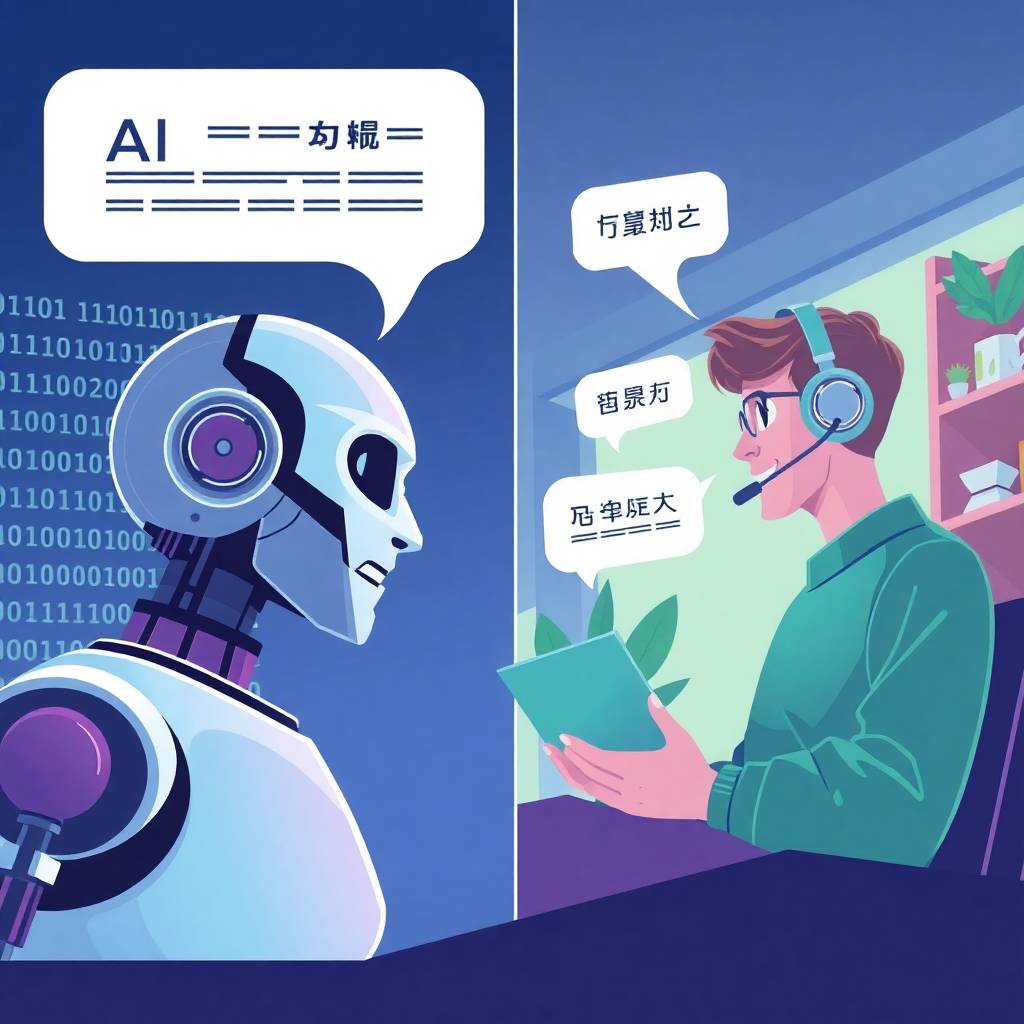AI Translation vs. Human Translation: Can Machines Ever Sound Native?

When it comes to global communication, the ability to accurately convey meaning across different languages is essential. In today’s digital world, the rise of artificial intelligence (AI) has introduced new possibilities for translation services. However, the question remains: can machines ever truly sound native like human translators? In this article, we will compare AI-generated translations with human translations, examining the strengths and weaknesses of each in terms of accuracy, cultural nuance, and the ability to sound native.
Introduction
Translation plays a vital role in facilitating communication between people who speak different languages. While human translators have long been the standard for ensuring accurate and culturally nuanced translations, the emergence of AI technology has raised questions about the future of translation services. With advancements in machine learning and natural language processing, AI translation tools are becoming increasingly sophisticated. But can they ever match the level of quality and authenticity provided by human translators?
The Battle: Machine vs Human Translation
Accuracy
One of the key advantages of AI translation is its ability to process vast amounts of data quickly, resulting in translations that are often more accurate than those produced by humans. Machine translation systems, such as Google Translate, use algorithms to analyze patterns in language and generate translations based on vast quantities of text. This enables AI to produce translations with impressive speed and consistency.
However, while AI translation excels in translating straightforward and repetitive texts, it can struggle with more complex or nuanced content. Human translators have the ability to understand context, idiomatic expressions, and cultural nuances that may elude AI systems. This means that while AI translation may be quick and efficient, human translation is often more accurate when it comes to capturing the subtleties of language.
Cultural Nuance
Cultural nuances play a significant role in language, influencing everything from social norms to humor and idiomatic expressions. Human translators are adept at navigating these nuances and ensuring that translations are culturally appropriate and sensitive. They can adapt the tone and style of a text to suit the cultural context, providing a more authentic and nuanced translation experience.
AI systems, on the other hand, can struggle to capture the intricacies of cultural nuances. While they may be able to translate words accurately, they often miss the cultural connotations and subtleties that can make a translation truly authentic. This can result in translations that sound awkward or unnatural to native speakers, highlighting the limitations of AI in conveying cultural nuances effectively.
Ability to Sound Native
One of the most challenging aspects of translation is ensuring that the final product sounds natural and native in the target language. Human translators excel in this area, drawing on their linguistic expertise and cultural knowledge to create translations that flow seamlessly and sound natural to native speakers. They can adapt the tone, style, and nuances of the original text to produce translations that feel authentic and true to the target language.
While AI translation has made great strides in recent years, it still struggles to achieve the level of fluency and naturalness associated with human translations. AI-generated translations can often sound stilted or robotic, lacking the finesse and subtlety of human language. This can be a significant drawback in situations where the goal is to create engaging and natural-sounding content that resonates with native speakers.
Conclusion
While AI translation has made significant advancements in recent years, human translators still hold the edge when it comes to providing accurate, culturally nuanced, and natural-sounding translations. Human translators have the ability to understand context, navigate cultural nuances, and create translations that flow seamlessly in the target language. While AI translation offers speed and efficiency, it still struggles to match the level of quality and authenticity provided by human translators.
FAQs
Can AI translations ever sound as natural as human translations?
While AI translations have improved in recent years, they still struggle to match the fluency and naturalness of human translations. Human translators have the linguistic expertise and cultural knowledge to create translations that sound native in the target language.
What are the advantages of AI translation over human translation?
AI translation offers speed and efficiency, making it ideal for translating large volumes of text quickly. However, it may lack the accuracy, cultural nuance, and naturalness of human translations.
AI Rewrite
AI-powered paraphrasing tool to rewrite sentences and paragraphs with clarity, uniqueness, and SEO optimization
Read More
Explore the differences between AI and human translations, understanding which method truly achieves native-level quality.
